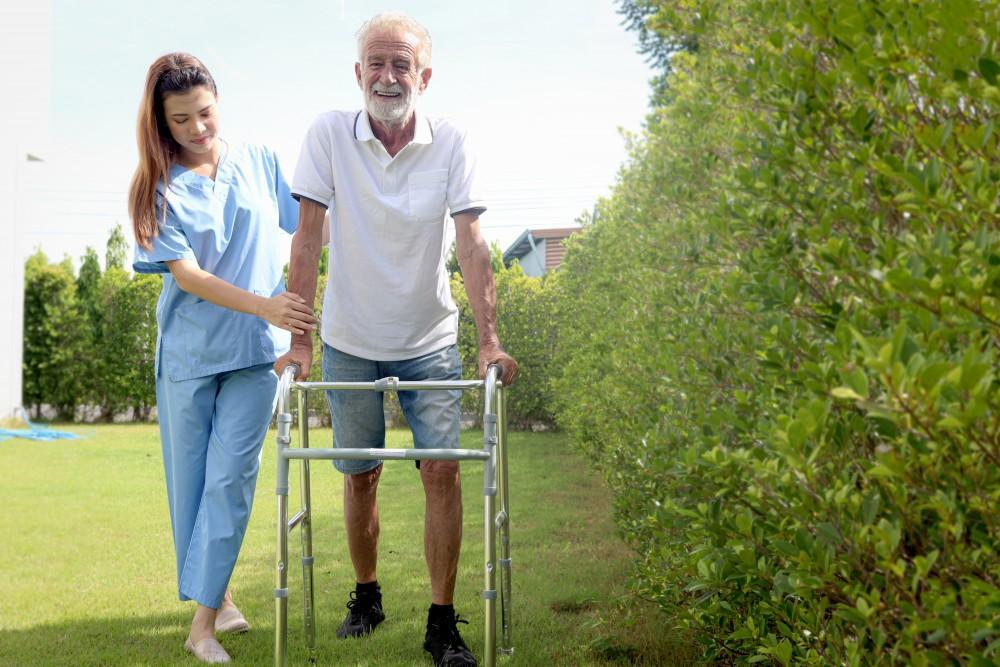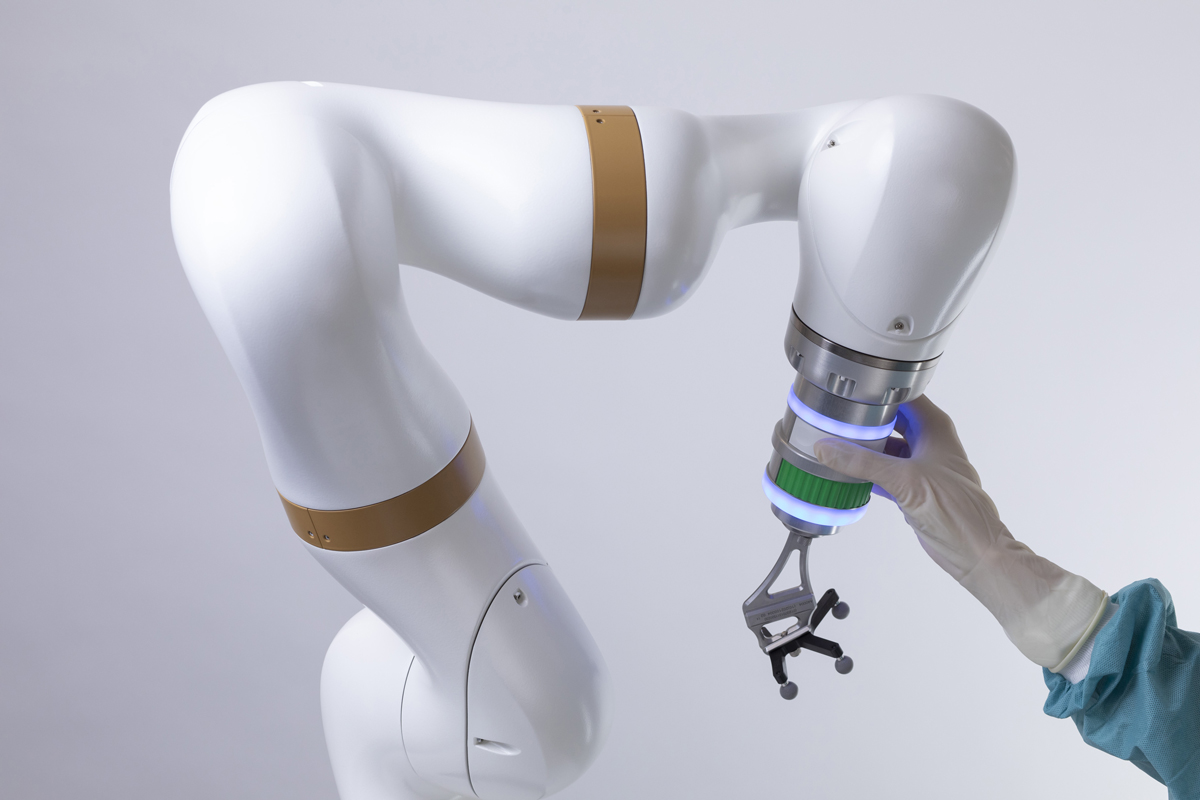Administrators in residential care facilities for the elderly hold a role that affects the daily lives, health, dignity and safety of older adults. The responsibility is ongoing, and the environment of care is never static.
Recertification classes are a necessary part of maintaining this profession because they keep administrators informed, capable and confident in the decisions they make. These classes do more than renew a certificate; they support the heart of the care environment itself.
Staying Current in a Changing Field
Care standards shift over time as research expands, new care approaches are introduced and state regulations are updated. What was considered best practice several years ago may no longer be recommended today. Recertification classes ensure that administrators stay aware of these changes.
For example, new standards in dementia care continue to develop as researchers learn more about memory loss and quality of life approaches. Improved communication techniques, activity planning strategies and behavioral support methods become available to help residents feel understood, valued and safe. Rcfe recertification classes allow administrators to bring these fresh methods back to their teams, which directly supports better care experiences for residents.
Maintaining Legal and Regulatory Understanding
Residential care facilities operate under state licensing rules that must be followed closely. These rules are detailed and often require careful interpretation in order to apply them correctly to everyday situations. Recertification classes guide administrators through any updates in legal expectations and operational standards.
This is important not only for compliance, but also for preventing costly mistakes. When administrators are confident in their understanding of regulations, they can train staff more effectively, complete documentation correctly and respond to inspections without anxiety. It strengthens the foundation of the facility, making it more stable and consistent.
Strengthening Leadership and Communication Skills
The environment of an RCFE is built around people. Residents, family members, care staff, medical professionals and regulatory agencies all interact under the administrator’s leadership. Strong leadership requires more than simply knowing the rules. It involves communication skills, conflict resolution abilities, empathy and clear decision-making. Recertification classes help sharpen these human-centered skills, acknowledging that administrators are not only managers of buildings and paperwork but leaders of communities.
Courses often explore real-life case scenarios that require thoughtful judgment. These discussions strengthen an administrator’s ability to guide staff and support families who may be experiencing stress or emotional transitions.
Enhancing Quality of Care for Residents
The ultimate purpose of recertification is to improve residents’ quality of life. Older adults in care settings may be living with physical limitations, chronic illnesses or cognitive changes. Proper training ensures that administrators understand how to structure care plans, monitor health needs and create an atmosphere of dignity.
Classes may explore nutrition, medication handling, emergency procedures and person-centered care techniques. When administrators continue to learn and grow, they ensure that residents are surrounded by staff who are informed, confident and compassionate. In this way, recertification directly protects resident well-being.
Preserving Professional Integrity and Trust
Families place significant trust in the facility they select for their loved ones. They want to know that the leadership is actively committed to learning and improvement. Recertification demonstrates professionalism and dedication.
It shows that the administrator takes the role seriously and is willing to continue developing as expectations evolve. This kind of commitment builds confidence among staff as well, who look to the administrator for guidance. A culture of learning tends to create a culture of quality.














Comments